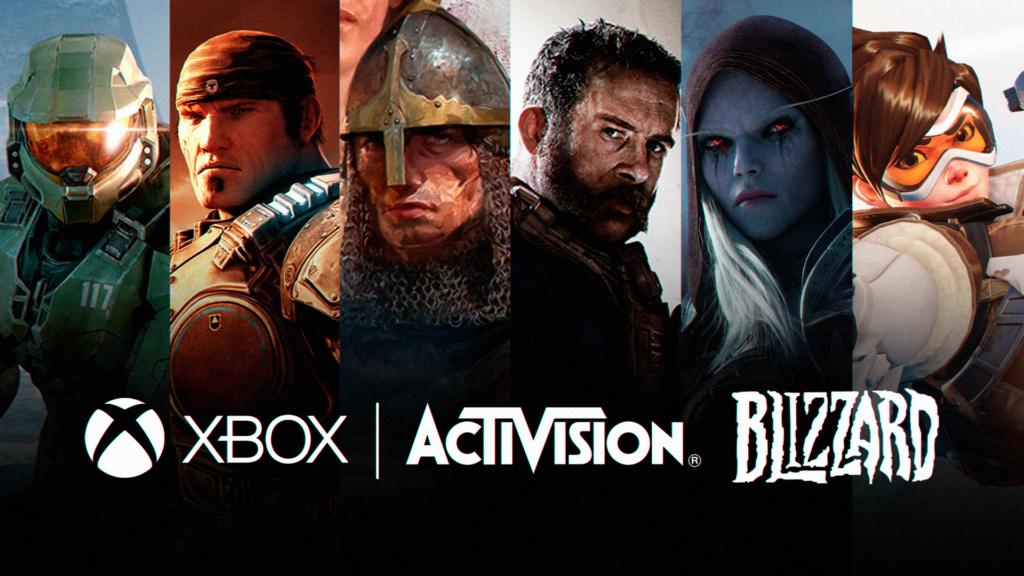|
Getting your Trinity Audio player ready...
|
Microsoft’s acquisition of Activision Blizzard continues to gain momentum, with yet another country giving its approval to the deal. South Africa’s Competition Commission announced on April 17 that it had approved the proposed acquisition, recommending that the country’s Competition Tribunal do the same.
In a press release, the Competition Commission explained that the primary competition concern in the acquisition was the possibility that Microsoft might restrict the distribution of Call of Duty to its Xbox console, or make it available on terms that exclude or undermine the ability of other console manufacturers to compete.
However, the commission found that the proposed transaction is unlikely to result in significant foreclosure concerns, as the parties do not have the ability and incentive to foreclose competing game distributors, particularly Sony (Playstation) and Nintendo (Switch).
This ruling is likely due to Microsoft’s recent efforts to put Call of Duty on Nintendo consoles for a decade, and its expressed intent to sign a similar deal with PlayStation. These moves effectively dissuaded concerns from South Africa’s Competition Commission that Microsoft would keep Call of Duty off other platforms.
South Africa joins Japan, Saudi Arabia, and the UK in approving the acquisition. The green light from these countries is a positive sign for Microsoft’s proposed deal, which still requires regulatory approval in several other countries.
If the acquisition is approved, Microsoft would become one of the largest gaming companies in the world, with a portfolio of popular franchises such as Call of Duty, World of Warcraft, and Candy Crush. It would also gain control of Activision Blizzard’s extensive developer network, which includes over 9,000 employees worldwide.
The acquisition is expected to help Microsoft expand its gaming division and better compete with other gaming giants like Sony and Nintendo. The deal, which is valued at $68.7 billion, was announced in January 2022 and is still awaiting approval from other regulatory bodies, including the US Securities and Exchange Commission and the European Union.
In a statement responding to the approval, Microsoft said it was “pleased” with the decision and “committed to continuing our dialogue with regulators to bring this deal to a close.” The company also reiterated its belief that the acquisition would be good for the gaming industry as a whole.
As the acquisition process moves forward, industry analysts are closely watching the progress of the deal and its impact on the gaming market. If the deal goes through, it will be one of the largest acquisitions in the gaming industry and could have significant implications for the future of gaming.



